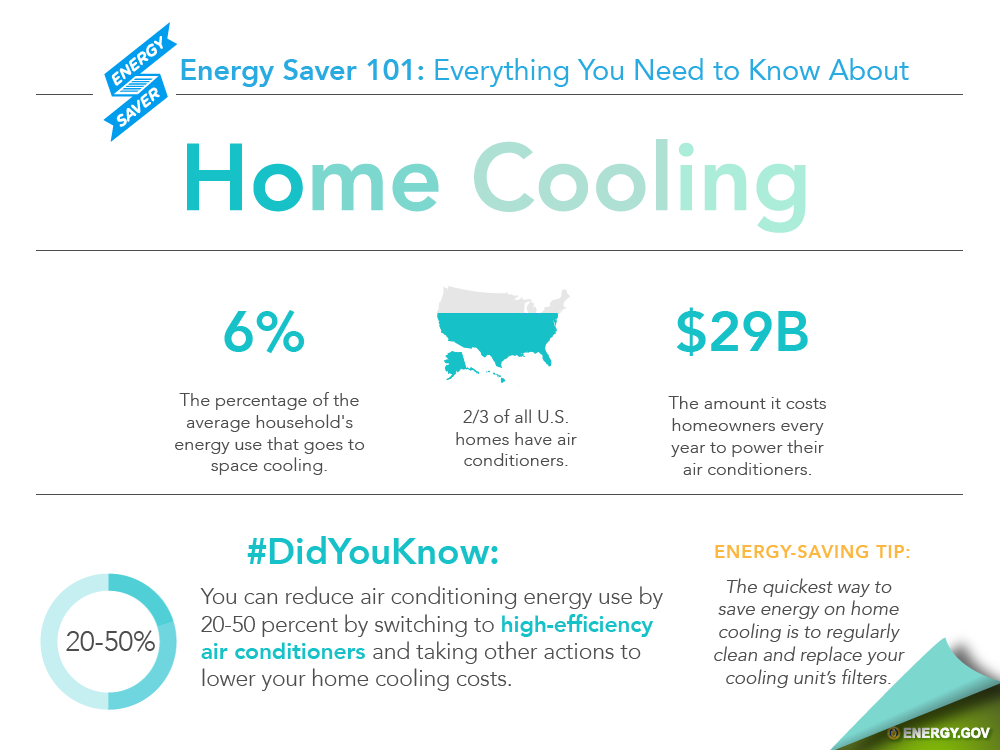The Future Of Home Home Heating - How Heatpump Modern Technology Is Developing
The Future Of Home Home Heating - How Heatpump Modern Technology Is Developing
Blog Article
Uploaded By-Dawson McCormick
Heatpump will be an important technology for decarbonising home heating. In a circumstance regular with governments' announced energy and climate dedications, their international capability increases by 2030, while their share in home heating rises to one-quarter.
They function best in well-insulated homes and rely upon electrical power, which can be supplied from a renewable power grid. Technological innovations are making them extra effective, smarter and cheaper.
Gas Cells
Heatpump use a compressor, refrigerant, coils and fans to relocate the air and warmth in homes and appliances. They can be powered by solar power or power from the grid. They have actually been acquiring appeal due to their inexpensive, peaceful procedure and the ability to create electricity during peak power demand.
Recommended Internet site , like IdaTech and BG MicroGen, are working with fuel cells for home heating. These microgenerators can change a gas central heating boiler and generate a few of a residence's electric needs with a connection to the electricity grid for the remainder.
However there are factors to be cynical of using hydrogen for home heating, Rosenow claims. It would certainly be costly and inefficient compared to various other innovations, and it would include in carbon emissions.
Smart and Connected Technologies
Smart home technology enables homeowners to link and control their devices remotely with the use of smart device apps. As an example, smart thermostats can discover your home heating choices and automatically adapt to enhance power usage. Smart illumination systems can be controlled with voice commands and immediately switch off lights when you leave the room, reducing energy waste. And wise plugs can monitor and handle your electrical use, permitting you to identify and limit energy-hungry devices.
The tech-savvy household shown in Carina's interview is an excellent picture of just how owners reconfigure area heating practices in the light of new smart home innovations. They rely upon the devices' automatic attributes to perform day-to-day modifications and concern them as a practical means of performing their home heating techniques. Thus, https://airconditioningunitcost43208.onzeblog.com/29322743/are-heat-pumps-one-of-the-most-reliable-a-c-solution-for-your-home-a-comparative-analysis see no reason to adapt their methods further in order to enable versatility in their home energy demand, and interventions focusing on doing so might encounter resistance from these homes.
Electricity
Because warming homes represent 13% of US exhausts, a button to cleaner options can make a large distinction. Yet the modern technology deals with obstacles: It's pricey and calls for considerable home renovations. And it's not always compatible with renewable energy resources, such as solar and wind.
Up until just recently, electric heatpump were as well costly to take on gas versions in the majority of markets. Yet brand-new developments in style and products are making them a lot more affordable. And much better cool climate efficiency is allowing them to function well also in subzero temperatures.
The next step in decarbonising home heating might be making use of warmth networks, which draw heat from a central source, such as a close-by river or sea inlet, and distribute it to a network of homes or structures. That would lower carbon discharges and allow homes to take advantage of renewable resource, such as environment-friendly electricity from a grid provided by renewables. This choice would be less expensive than switching over to hydrogen, a nonrenewable fuel source that calls for brand-new framework and would just minimize CO2 exhausts by 5 percent if paired with boosted home insulation.
Renewable resource
As electricity rates go down, we're starting to see the very same trend in home heating that has driven electrical automobiles into the mainstream-- yet at an even much faster pace. The strong environment case for impressive homes has actually been pushed better by new research.
Renewables account for a significant share of modern-day warmth consumption, but have actually been given minimal policy attention around the world compared to various other end-use markets-- and even much less focus than electricity has. Partially, this shows a mix of customer inertia, divided rewards and, in many countries, aids for fossil fuels.
New modern technologies can make the change less complicated. For example, heat pumps can be made much more power reliable by replacing old R-22 cooling agents with brand-new ones that do not have the high GWPs of their predecessors. Some experts also visualize district systems that attract warmth from a nearby river or sea inlet, like a Norwegian arm. The warm water can then be used for cooling and heating in a community.